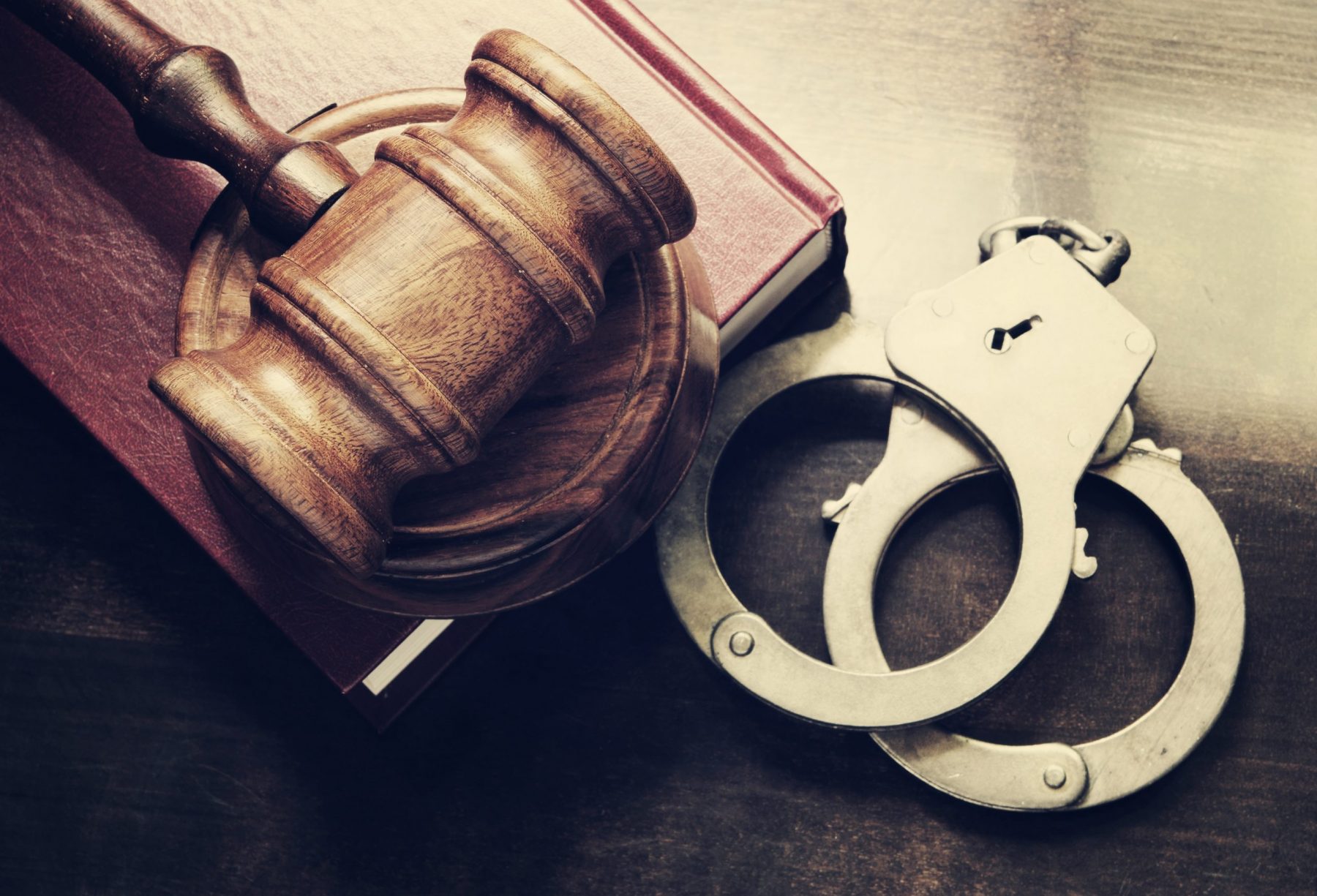Criminal Justice
The state prosecutes those charged with a crime. The police investigate a crime and may apprehend(=to catch and arrest) suspects and detain them in custody(=imprisonment). If the police decide an offender should be prosecuted, a file on the case is sent to the Crown Prosecution Service (CPS) - the national prosecution service for England and Wales. The CPS must consider whether there is enough evidence for a realistic prospect of conviction, and if so, whether the public interest requires a prosecution. They can decide to either go ahead with the prosecution, send the case back to the police for a caution, or take no further action. Criminal proceedings can be initiated either by the serving of a summons setting out the offence(=crime) and requiring the accused to attend court, or, in more serious cases, by a warrant of arrest issued by a Magistrates' Court. Lawyers from the CPS may act as public prosecutors. The Criminal Defence Service provides legal aid, which funds(=pays) the services of an independent duty solicitor who represents the accused in the police station and in court. However, at the end of a Crown Court case the judge has the power to order the defendant to pay some or all of the defence costs. Note: If Green is prosecuted for a crime, the ensuing trial will be called the case of R v Green. R is the abbreviation for the Crown (Regina for a Queen or Rex for a King); v (Latin for versus) is said 'against' in a criminal case. the state prosecutes those charged with a crime = the state officially accuses those persons who committed a crime. prospect of conviction = prosecution has a good chance of convicting warrant of arrest = a legal document signed by a judge or magistrate that authorizes police to take a specific person into custody criminal proceedings = a series of legal actions taken to investigate a crime
